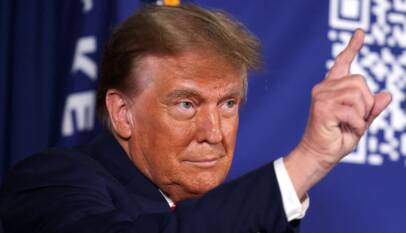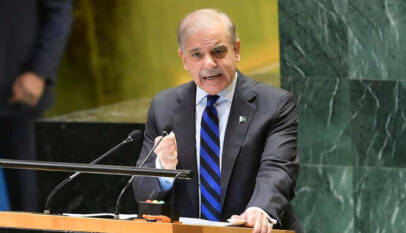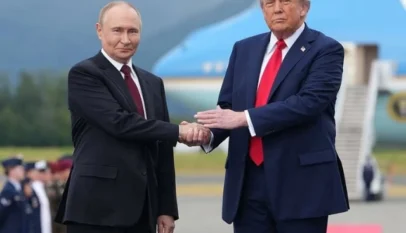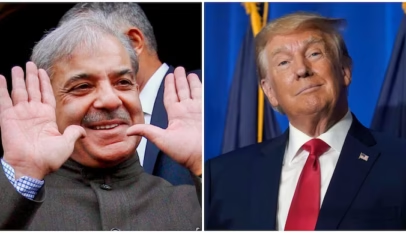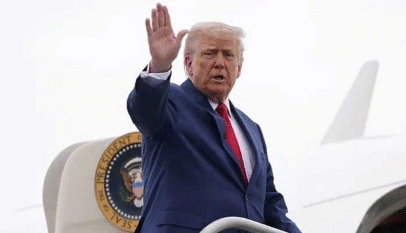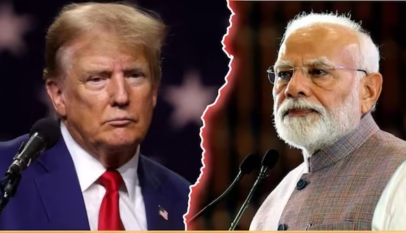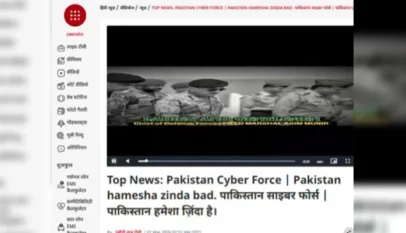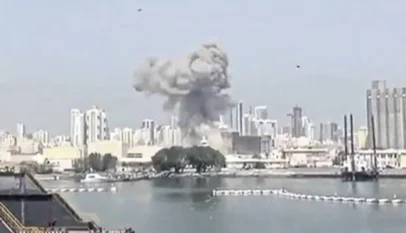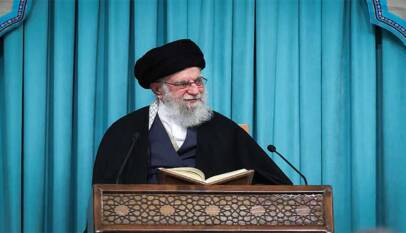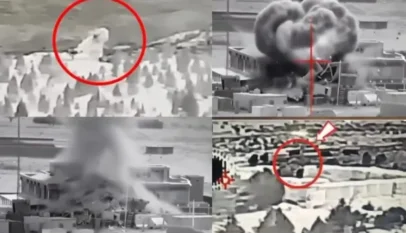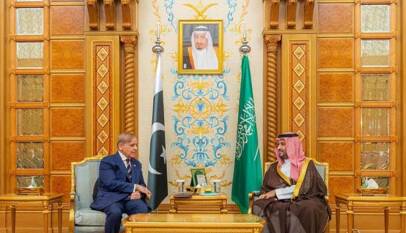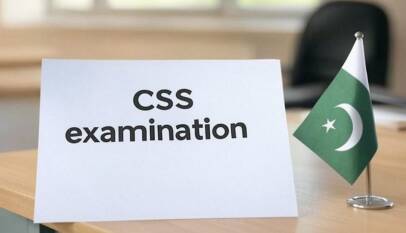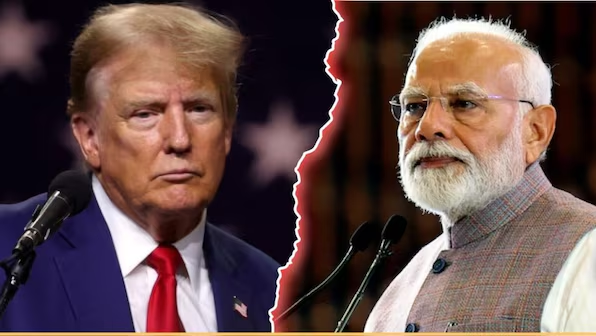
In an unprecedented move, U.S. President Donald Trump hosted Pakistan’s Army Chief, Field Marshal Asim Munir, at the White House on Wednesday. This rare meeting—without the presence of any senior Pakistani civilian leaders—could worsen tensions with India, especially after Trump repeated his claim that the U.S. helped stop last month’s conflict between India and Pakistan.
This marked the first time a U.S. president has officially welcomed Pakistan’s top military leader at the White House alone, underlining the army’s dominant role in Pakistan’s politics and security matters.
Trump praised Munir and said they had discussed several global issues, including Iran. He said he thanked Munir for helping end the fighting with India and also credited Indian Prime Minister Narendra Modi, whom he spoke to the night before. “Two very smart people decided not to continue that war, which could have turned nuclear,” Trump told reporters.
Pakistan’s military released a statement saying that during the two-hour meeting, Trump and Munir discussed trade, economic development, cryptocurrency, and Middle East tensions—particularly between Israel and Iran. According to the statement, Trump expressed strong interest in building a strategic trade relationship with Pakistan.
Pakistani officials said Munir aimed to convince Trump not to support Israel’s military actions against Iran and to push for a ceasefire. Notably, Pakistan acts as a diplomatic representative for Iran in the U.S., since Iran and the U.S. do not have formal ties. Pakistan has openly criticized Israel’s recent airstrikes on Iran, calling them a violation of international law.
This meeting marks a major shift in U.S.-Pakistan relations, which had been cool during both Trump’s and President Joe Biden’s terms, as Washington has increasingly prioritized its relationship with India to counter China’s rise.
When asked what he wanted from the meeting with Munir, Trump said, “I stopped a war… I love Pakistan. I think Modi is a fantastic man. I spoke to him last night. We’re working on a trade deal.” He insisted that both Munir and Modi played key roles in stopping the fighting and claimed credit for helping prevent a war between two nuclear powers.
White House spokeswoman Anna Kelly noted that Trump hosted Munir after the Pakistani army chief publicly suggested Trump should be nominated for a Nobel Peace Prize for stopping the conflict.
India Pushes Back
However, India strongly denies Trump’s claim that the U.S. mediated the ceasefire. India’s Foreign Secretary, Vikram Misri, said Modi told Trump directly during their call that the ceasefire resulted from direct talks between Indian and Pakistani military leaders—without any U.S. involvement.
“Prime Minister Modi clearly told President Trump that there were no discussions about a trade deal or any U.S. mediation during this period,” Misri stated. “The ceasefire was arranged directly between the two militaries, and only at Pakistan’s request. India has never accepted foreign mediation and never will.”
Misri added that Trump and Modi were supposed to meet at the G7 summit in Canada, but Trump left early due to the situation in the Middle East. Trump then invited Modi to visit the U.S. afterward, but Modi declined due to a prior schedule.
Background on the Conflict
The recent flare-up between India and Pakistan began with an April 22 attack in Indian-controlled Kashmir that killed 26 people. India blamed Pakistan-based militants, a claim Islamabad denies.
The conflict escalated on May 7 when Indian jets bombed what New Delhi called terrorist camps across the border. This triggered a four-day exchange involving jets, missiles, drones, and artillery fire.
Pakistan has said the ceasefire followed a call initiated by the Indian military, which Pakistan then returned, resulting in an agreement to halt hostilities.
Analyst Michael Kugelman of the Asia Pacific Foundation warned that Trump’s repeated claims of U.S. mediation could damage growing U.S.-India ties. “The core question for India is: how much U.S.-Pakistan cooperation can it accept before it starts affecting its own relationship with Washington?” Kugelman said.
Source: Web Desk
Indian News channel hacked, pro-Pakistan content broadcast briefly
(Web Desk) — Indian television channel ABP News was temporarily disrupted after hack…

